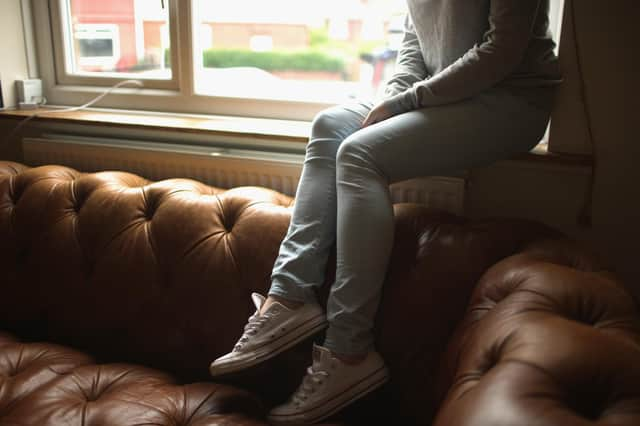Suella Braverman's child sexual abuse policy language risks demonising the very people who can and do save lives


South Yorkshire, specifically Rotherham, knows all too well the pain and suffering that occurred when large groups of predominantly Asian men were allowed to rape, beat and torture vulnerable youngsters for their own gratification.
Subsequent investigations have concluded that these gangs were able to get away with their heinous crimes for so long because a fear ran through the authorities of being thought of and branded as racist.
Advertisement
Hide AdAdvertisement
Hide AdIn 2014, Professor Alexis Jay estimated that some 1,400 victims of child sexual exploitation had been failed because of the paralysis caused by what Prime Minister Rishi Sunak believes was political correctness.
What some have already disagreed with the Home Secretary on is her language which risks alienating the very people who can make a difference. She said: “The authorities, whether that's social workers or teachers or police officers, when they've become aware of these problems have turned a blind eye and they have roundly failed to take the requisite action to safeguard these vulnerable girls.”
And then there is the timing, with campaigners asking quite why it has taken the best part of a decade since the publication of the Jay report to reach this point?
Rather than demonise those professionals who can make a difference, we must support them, train them and ensure there are enough of them.